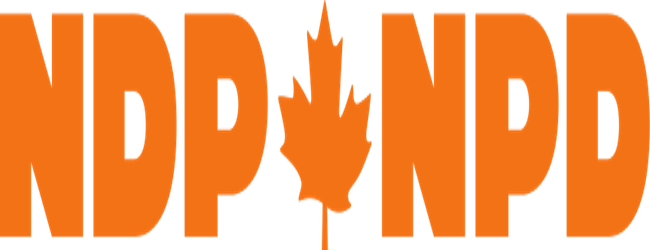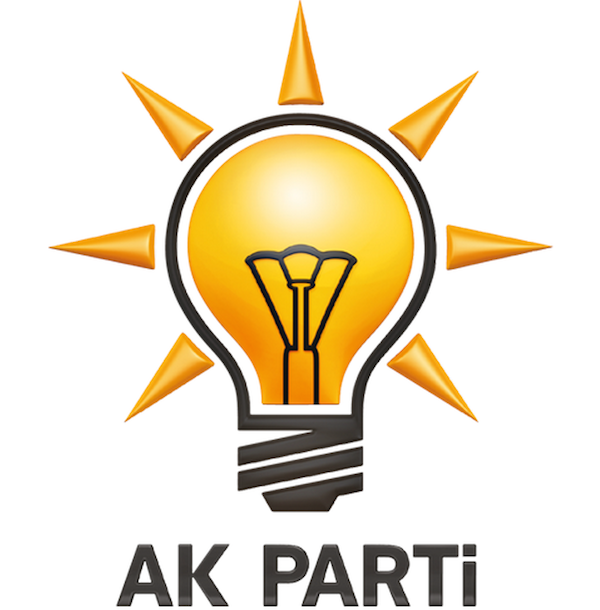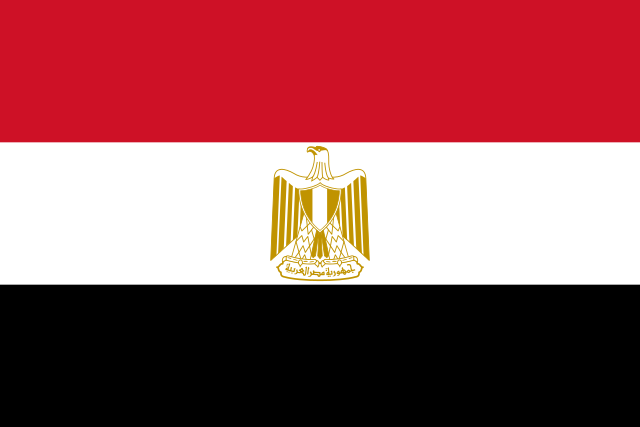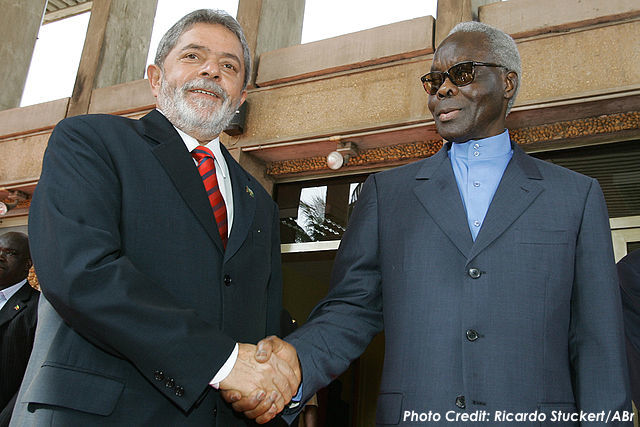
Editor’s Note: On October 19, 2015, Canadians voted all across their country to elect a new parliament. There were three major parties contesting the election everywhere and a couple minor parties. After the last federal parliamentary elections (in 2011), the Conservatives held a majority, the social-democratic New Democratic Party (NDP) were the second-place party (heading the opposition for the first time), and the centrist Liberal Party finished third. At the start of this year’s election, the NDP had a large lead in the polls seemed poised to form a government for the first time in Canada’s history. As the campaign progressed, however, the NDP’s support collapsed and voters instead chose to elect a Liberal Party majority to parliament. This majority will be led by Justin Trudeau, the son of former longtime prime minister Pierre Trudeau, who led the party from 1968 to 1984. The Conservatives finished second. The NDP finished a distant third.
Below, guest contributor and NDP supporter Adam Chaikof presents the two major lessons he drew from the NDP’s unsuccessful campaign to lead the federal government for the first time in party history.
Lesson 1: Don’t treat balanced budgets like a sacred cow (especially during economic downturns).
It certainly goes without saying that one of the most common right-wing retorts to any suggestion of expanding the welfare state or investing in jobs or infrastructure is that such measures are too costly and will only increase the national debt and deficit.
Besides the obvious ideological reasons, the Right constantly employs this line of attack because voters easily understand it. After all, many voters reason, if we have to live within our means, why shouldn’t the government do the same?
Within this framing, beyond completely rejecting the Left’s core principles, left-wing parties can respond to these accusations in one of two ways: they can either try to convince the electorate that they’re actually better at balancing the budget than the Right, or they can argue that running a short-term deficit isn’t harmful and is necessary to stimulate the economy.
In other words, the Left can either try to win the debate on balanced budgets on the Right’s terms, or they can try to reset the debate’s terms altogether. During this most recent election in Canada, the NDP chose the former route, while the Liberals chose the latter.
The NDP chose this strategy for two reasons. First, NDP provincial governments actually have better fiscal records on average than both Liberal and Conservative ones despite spending more on economic and social programs.
Unfortunately, there is one notable – and very noticeable – exception to the NDP’s fiscal record: Bob Rae’s provincial government in Ontario from 1990 to 1995. Rae’s early 90s legacy still haunts the NDP in the electorally vital province of Ontario. This is the root cause of the second reason for the NDP’s strategy of campaigning on fiscal responsibility.
Rae’s record is still hotly debated – and he actually has long since defected from the NDP to the Liberals – but the most commonly accepted narrative is this: After leading the NDP to its first ever victory in Ontario in 1990, Rae unsuccessfully tried to spend Ontario’s way out of a recession and was then forced to implement austerity measures after exploding the province’s deficit.
Whether you accept this narrative or not, it’s undeniable that Rae’s poor economic record has been like a millstone around the NDP’s neck in Ontario at both the federal and provincial levels for the past 20 years. Ontario sends the most federal MPs to Parliament. In other words, eager to convince voters of its fiscal credibility and finally excise the ghost of the Rae Provincial Government, the NDP made maintaining a balanced budget one its main campaign planks.
This decision, however, had serious repercussions for the NDP. Many voters simply didn’t believe that the NDP’s proposals for raising revenue (e.g. raising corporate taxes by 2%, closing tax loopholes, etc.) would be enough to pay for its other spending promises. These included universal childcare and pharmacare, a national housing and transit strategy, reversing Harper’s cuts to health care and pensions, a national cap-and-trade system, and new investments in clean energy and manufacturing.
These proposals remained very popular, to be sure, but Canadians didn’t have much faith in the NDP being able to implement them properly because it seemed like they were trying to have it both ways: Spending a lot while balancing budgets. Read more








